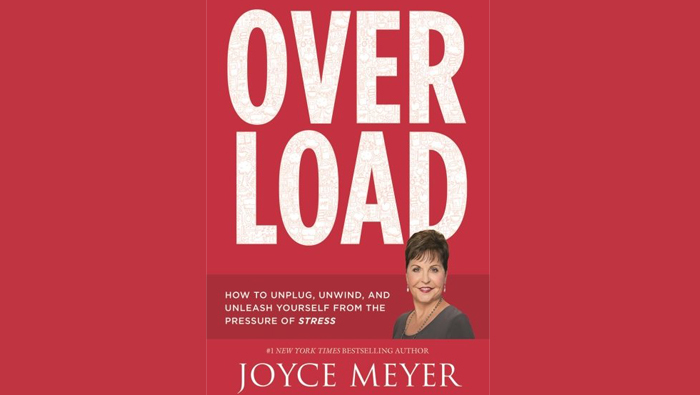
Anxiety is an extremely uncomfortable feeling of unease and nervousness similar to fear, usually about an event with an uncertain outcome. It has both emotional and physical sensations and evokes the flight or fight response in us. It’s uncomfortable and people do whatever they can to reduce it.
Difference between normal anxiety and anxiety disorders
Normal anxiety is a feeling we have all faced especially when under stress or when making decisions. Usually after a short while or when the situation is resolved it disappears. Anxiety disorders are overwhelming and the anxiety is constant and interferes with the normal functioning in an individual.
Causes of anxiety disorders
It’s important not to undervalue the distress that people have with anxiety disorders. They are not a sign of personality weakness nor do they respond to simple advice. People who have never faced the constant anxiety find it difficult to understand the suffering of this disorder. Anxiety disorders are caused by problems in the functioning of brain circuits. These can be caused by genetic factors, early childhood trauma, hormonal imbalances, and stress. Usually they are triggered by a combination of the four factors.
What are the different anxiety disorders?
• Panic Disorder: People with this condition have feelings of terror that strike suddenly and repeatedly with no warning. Other symptoms include chest pain, palpitations, and a feeling of choking, which may make the person feel like he or she is having a heart attack.
•Social Anxiety Disorder: Also called social phobia, it involves overwhelming worry and self-consciousness about everyday social situations. The worry plays on a fear of being judged by others, or behaving in a way that might cause embarrassment
•Specific Phobias: is an intense fear of a specific object or situation, such as snakes, heights, or flying. The level of fear is usually inappropriate to the situation and may cause the person to avoid common, everyday situations.
•Generalised Anxiety Disorder: This disorder involves excessive, unrealistic worry and tension of common every day events. Negative thinking and worry is
a constant companion during
each day.
How do we help in anxiety disorders?
Understanding and compassion are very important in dealing with it. It’s important not to criticise or undervalue the suffering that people go through. People with anxiety disorders must be supported to seek professional help to deal with their symptoms and regain their confidence and strength. Simple words of advice do not help people with anxiety disorders and only help to confuse them. Remember that normal anxiety is incredibly uncomfortable, how much more debilitating chronic uncontrolled anxiety is. They need our help. [email protected]
Anxiety unplug and unload
Anxiety is a universal affliction affecting millions. And while most will admit to being under some kind of pressure — be it financial, work or family challenges — getting to unplug and unload is proving to be a difficult task.
Joyce Meyer, best-selling author, speaker and teacher, agrees that the demands of modern life can be all-consuming, making it hard to mute distractions. In her new book, OVERLOAD: How to Unplug, Unwind, and Unleash Yourself from the Pressure of Stress, Meyer addresses this problem by identifying the catalysts of worry in your life, as well as offering practical, effective advice and wisdom from a scriptural standpoint that she believes is the answer to curing your stress.
**media[355080]**
“Nobody is immune to stress,” Meyer says. “But through exploring the inspiring insights you triumph over stress, you can achieve the joyful, peaceful life that is intended for you.”
Other ways that may help you regain some sense of control and generally decrease anxiety can be found below:
• Make your home a haven. Your home needs to be a place where you go to recuperate and rejuvenate for the next day. The space should be calm and harmonious.
• Take a moment. “There are thousands of ways you can relax. Whether it’s unwinding with music, reading a good book, taking a warm bath by candlelight, going for a walk or engaging in a sport you enjoy, you know what relaxation feels like and you know when it’s happening to you,” Meyer writes in OVERLOAD, “I strongly encourage you to
make relaxation a part of your daily life.”
• Use your driving time or commuting time to calm down. This may seem like an oxymoron, but you’d be surprised at how easy it is to disconnect from daily pressures or work on the car ride home. Relax by listening to an audio book or singing along to your favourite music, and, if the weather permits, roll down the windows and let the sun and breeze carry your troubles away. -NewsUSA